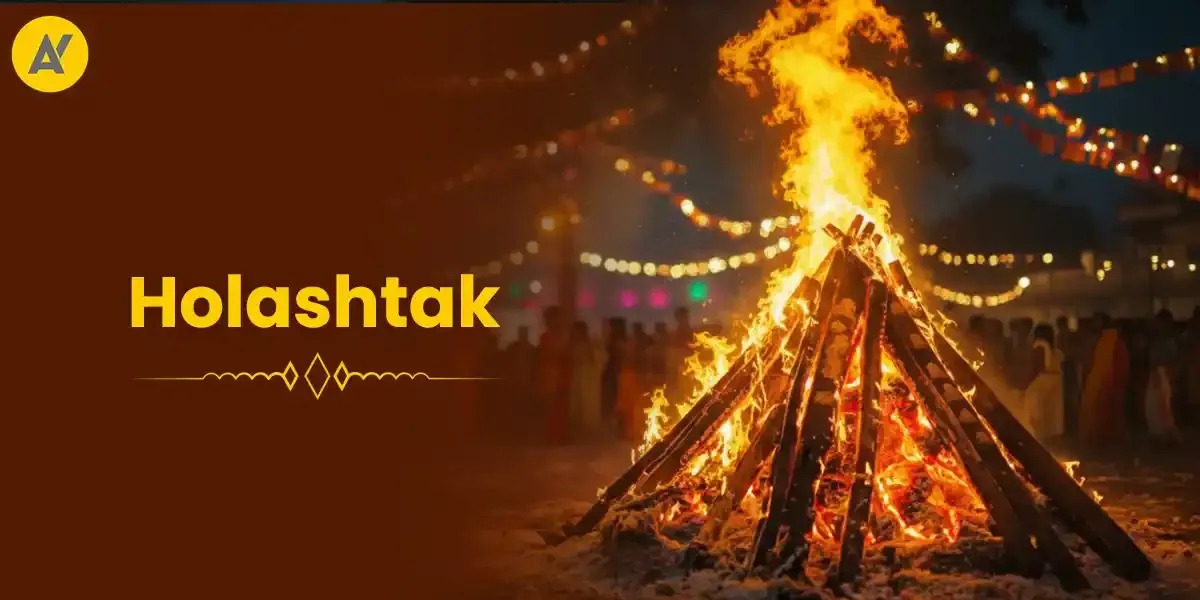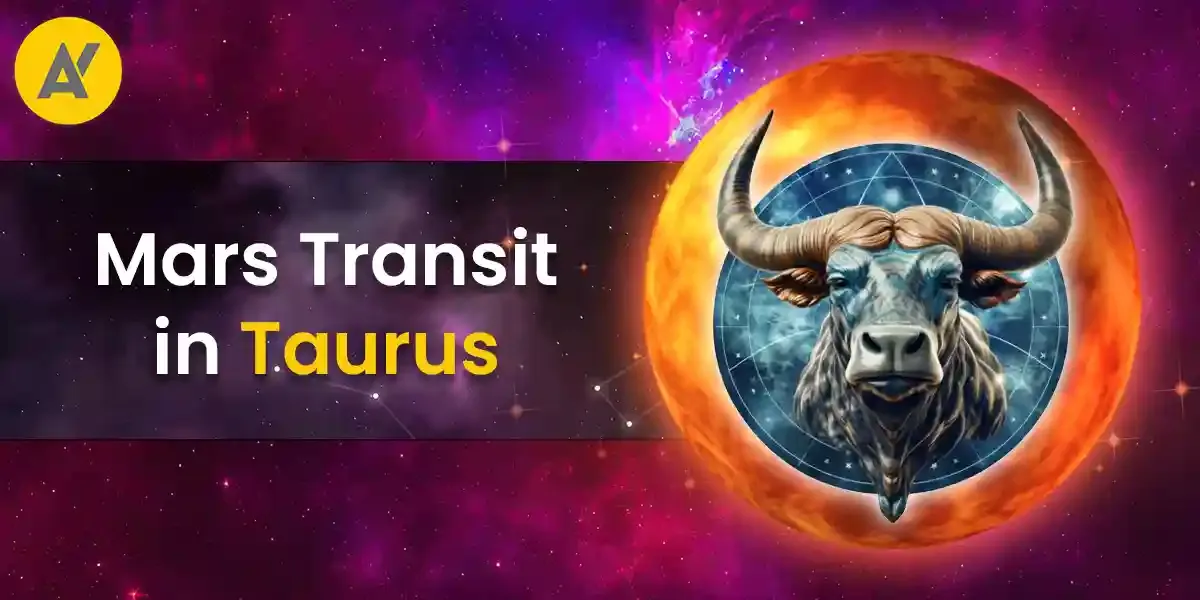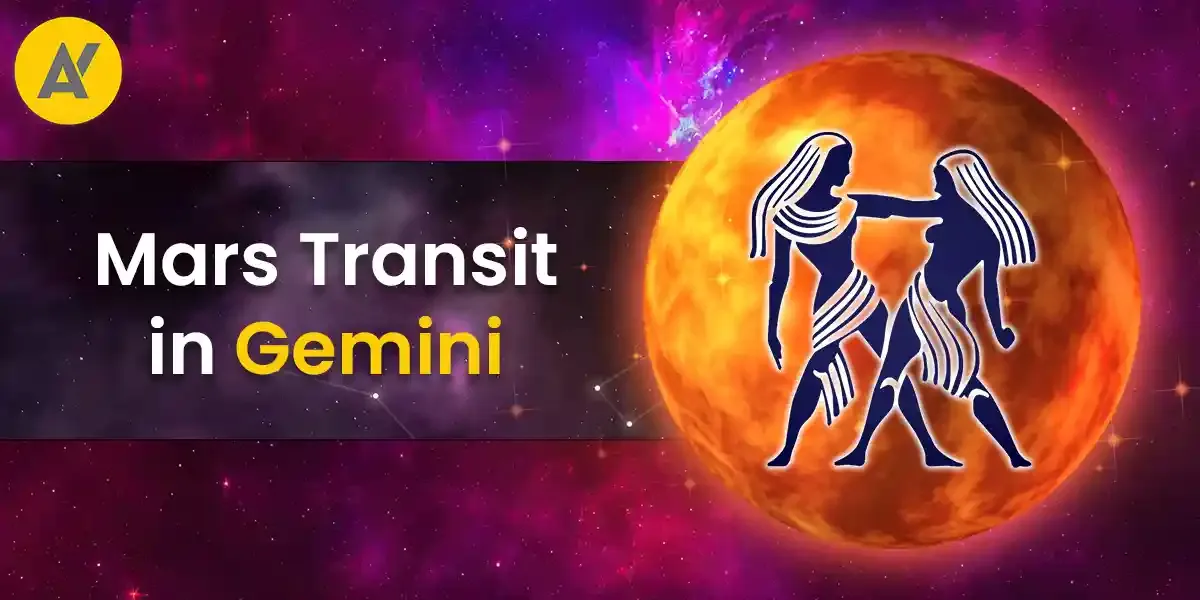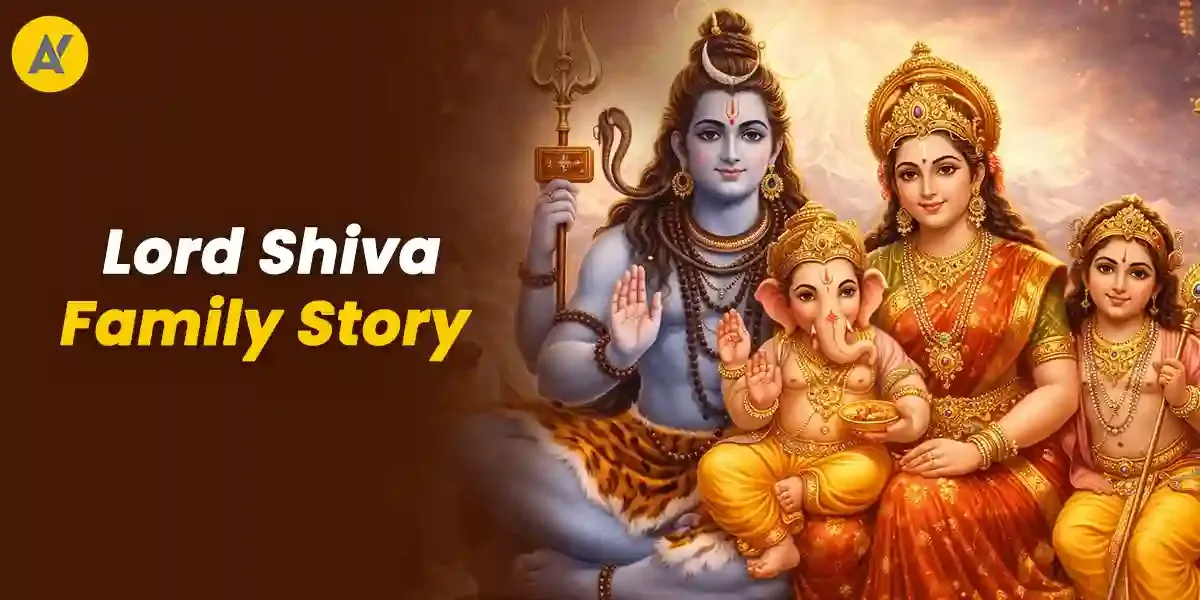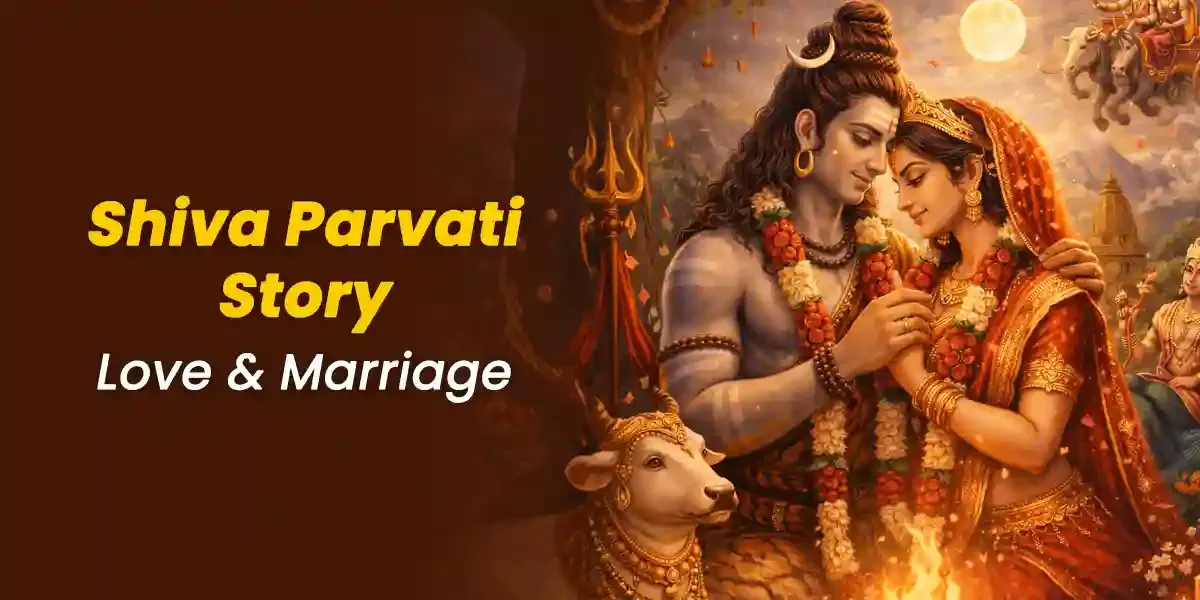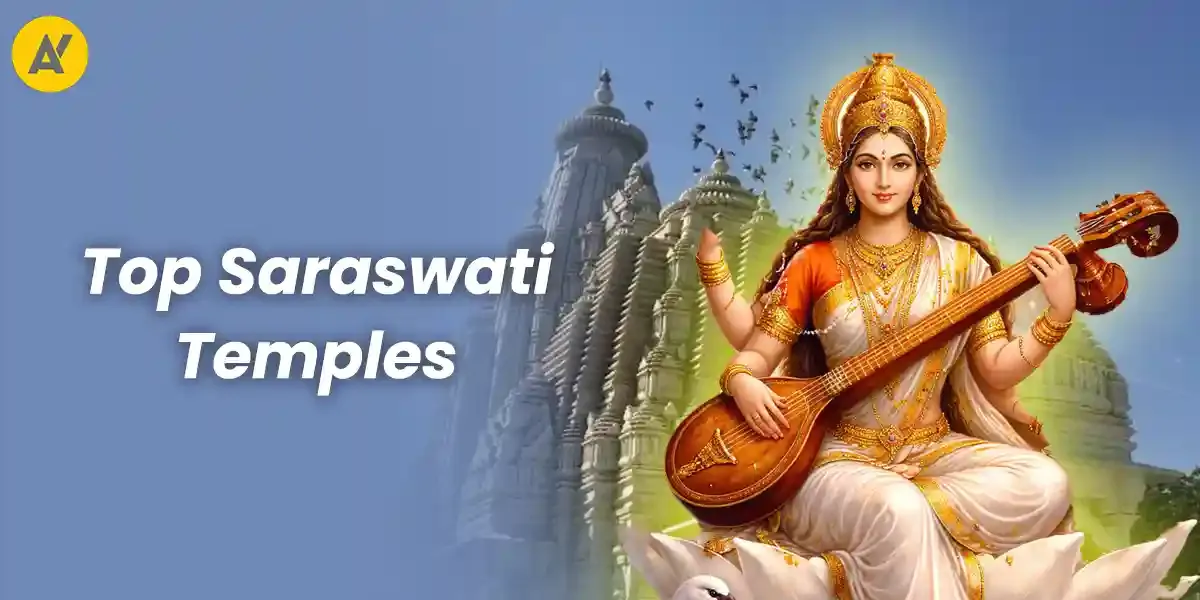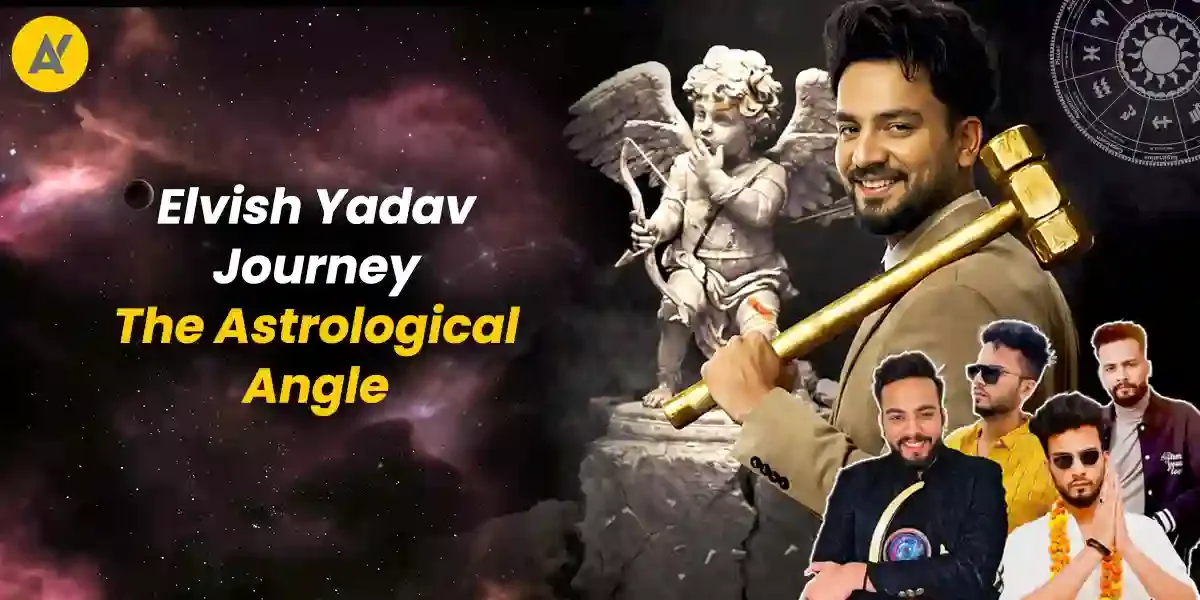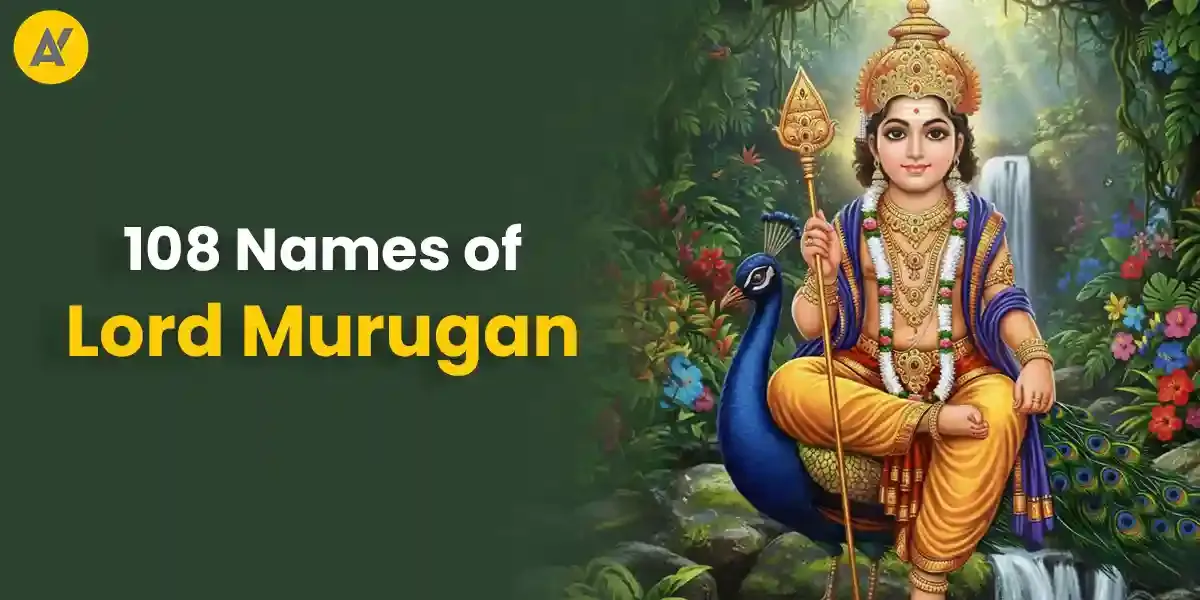
When you dive into the world of Hindu spirituality, Lord Murugan stands out as a powerful deity representing courage, wisdom, and triumph. This blog unpacks the mysterious and divine 108 lord Murugan names, also called Kartikeya or Subramanya.
By understanding these 108 names of lord murugan, you gain a deeper connection to his energy and blessings, enriching your spiritual journey.
Understanding Lord Murugan and His Names
Lord Murugan holds a special place in Hindu tradition. He is the son of Lord Shiva and Goddess Parvati, and the brother of Lord Ganesha. People see him as the god of bravery, wisdom, truth, and inner strength. Known widely in Tamil culture as Thamizh Kadavul, Murugan is a symbol of courage and victory.
Each of the 108 lord Murugan names reveals an aspect of his character, his divine mission, and his cosmic role. These names serve as a pathway to invoke his blessings during prayers and meditations.
Read more:Lord Murugan Quotes
The 108 Different Names of Lord Murugan and What Do They Mean
The 108 names of Karthikeyan, known as the Ashtottara Shatanamavali, form a sacred chant used in worship. Each name reflects a unique quality, power, or story related to Murugan.
Chanting these names with devotion helps purify the mind, remove obstacles, and connect you to his protective energy. This practice is deeply rooted in Vedic traditions and is especially important during festivals like Skanda Shashti.
Below is a list of each name with a clear meaning. Each name has its own glow and voice.
Skanda – The one who defeats powerful adversaries
Guha – The one who is indivisible or hidden
Shanmukha – The six-faced Lord
Phalanetra – Son of the three-eyed Shiva
Prabhave – The Supreme Lord
Pingala – The golden one
Krittika – Son of the star cluster Krittika
Sikhivahana – The one who rides on a peacock
Dvishadbhuja – The one with twelve hands
Dvishannetra – The one with twelve eyes
Shaktidhara – The one who wields the spear (Vel)
Pishitashaprabhanjanaya – The one who destroys the Asuras or demons
Tarakasurasamhartre – The one who slayed the demon Tarakasur
Rakshobalavimardana – The destroyer of demonic powers
Mattaya – The lord of happiness
Pramattaya – The lord of bliss
Unmattaya – The passionate one
Surasainyasurakshaka – Protector of the celestial gods
Devasenapati – Commander of the divine armies
Prajna – The learned and wise one
Kripalave – The compassionate one
Bhaktavatsala – The one who is loving and compassionate towards his devotees
Umasuta – The son of Uma
Shaktidhara – The mighty one
Kumara – The prince of eternal youth
Kraunchadarana – The one who pierced Mount Krauncha
Senaniye – The chief commander of the divine army
Agnijanma – The one who is born of fire
Vishakha – The one whose star of Nakshatra is Vishakha
Shankaratma – The one born from Shankara's (Lord Shiva's) own Essence
Shivasvami – The one who is Shiva’s commander
Ganasvami – The commander of the Gana (Shiva’s troop or attendants)
Sarvasvamine – The supreme commander
Sanatanaya – The one who is eternal
Anantashakta – The one with limitless power
Akshobhya – The one who is unharmed or unflinched by arrows
Parvatipriyanandana – The beloved of Goddess Parvati
Gangasuta – Son of the holy Ganges
Sharodbhutaya – The one born of the water
Ahutaya – The unborn one
Pavakatmaja – The one born from the Purifier's (Agni's) own Essence
Jrimbha – The expansive one
Prajrimbha – The auspicious one
Ujjrimbha – The one who is invincible
Kamalasanasamstuta – The one who is praised by Lord Brahma
Ekavarna – The one with a single form
Dvivarnaya – The one with two forms
Trivarna – The one with three forms
Sumanohara – The beautiful one who steals everyone’s hearts
Chuturvarnaya – The one with four forms
Panchavarna – The one with five forms
Prajapataye – The Lord of creation
Ahaspataye – The one who is unmatched
Agnigarbha – The one who is born of fire
Shamigarbha – The one who is born of the Shami wood
Vishvareta – The majesty of the absolute Paramasivam or "Supreme Shiva" or "Ultimate Auspiciousness”.
Surarighne – The one kills the enemies of Gods
Haridvarna – The one who is resplendent
Shubhakaraya – The one who is auspicious
Vasumate – The one who is fortune
Vatuveshabhrite – The one who wears the dress of a Brahman; one who loves celibacy
Pushne – The nourisher (like the Sun)
Gabhasta – The one who is bright like a sun
Gahanaya – The one who is omniscient
Chandravarna – The one who is radiant like the moon
Kaladhara – The wielder of Kala (time)
Mayadhara – The wielder of Maya (illusion)
Mahamayine – The lord of illusion
Kaivalya – The lord of ultimate isolation (emancipation)
Shankaratmaja – The one born of Shnakara's (Shiva's) own Essence
Vishvayona – The one who is the source of all existence
Ameyatma – The one with supreme splendor
Tejonidhaye – The divine source of radiance and virility
Anamaya – The one who is incorruptible; the savior of all ills
Parameshthine – The supreme and immaculate one
Parabrahmane – The one who is supreme Brahman and transcendent
Vedagarbhaya – The one who is the source of Vedas
Viratsutaya – The son of Virat (the supreme God)
Pulindakanyabhartre – The one who helps even the smallest tribes
Mahasarasvatavrataya – The master of great eloquence
Ashritakhiladatre – The one who showers grace on those who seek his solace
Choraghnaya – The destroyer of thieves
Roganashanaya – The divine destroyer of diseases
Anantamurtaye – The one with an endless form
Anandaya – The one who is bliss
Shikhandikritaketanaya – The one with peacock banner/flag
Dambhaya – The lover of gay exuberance
Paramadambhaya – The Lord of supreme exuberance
Mahadambhaya – The lord of great magnificence
Vrishakapaye – The pinnacle of righteousness
Karanopattadehaya – The embodiment of a cause
Karanatitavigrahaya – The source of transcending embodiment
Anishvaraya – The one who is eternal, unparalleled plenty
Amritaya – The one who is ambrosia
Pranaya – The one who is the life force of life
Pranayamaparayanaya – The supporter of all beings
Viruddhahantre – The one who conquers all hostile forces
Viraghnaya – The destroyer of heroic opponents
Raktashyamagalaya – The one with a dark saffron/crimson throat
Shyamakandharaya – The consummation of glory
Mahate – The radiant one
Subrahmanyaya – Supreme Goodness
Guhapritaya – Calm, luminous wisdom
Brahmanyaya – The universal teacher
Brahmanapriyaya – The One who is dear to Brahmins
Vedavedyaya – The one who dwells in the core of people’s hearts
Akshayaphalapradaya – Giver of powerful and lasting results
Valli Devasenasameta – The one who is magnificent and radiant
Searching for spiritual essentials you can rely on? Visit the Astroyogi Store for curated remedies and trusted products. Explore now!
The Benefits of Chanting the 108 Names of Murugan
Reciting the 108 God Murugan names is a powerful spiritual exercise. Many believe that chanting Lord Murugan’s names brings both inner and outer blessings. It helps focus your mind, fosters inner peace, and invites Murugan's divine presence into your life.
Whether in personal prayers or temple rituals, chanting the 108 names connects you with an ancient wisdom that transcends time and space. Even a few minutes of chanting can add quiet strength to your day. Here are some known benefits of chanting the god Murugan names:
- Supports peace in the home
- Brings strength during tough times
- Clears fear and doubt
- Encourages discipline and focus
- Builds confidence
- Brings a sense of direction
- Helps maintain mental and emotional balance
- Strengthens devotion and self-awareness
Read More: Lord Kartikeya's Wife
How to Chant the Names of Murugan
Many choose to chant the names during morning prayer. Some chant before leaving home. Others chant before meditation. There is no fixed rule; what matters is devotion and a clear intention. You can choose one name or chant all 108 Lord Murugan names; they carry equal grace when done with faith.
Here are simple ways to include chanting in your daily life:
- Morning prayers: Say the names when you wake up. This helps set a calm tone for your day.
- During meditation: Focus on one name each day. Let it guide your mind into quiet.
- Before a task that needs courage: Chanting names like Skanda, Shanmuga, or Subramanya can bring strength.
- During stress: Soft chanting helps slow down your breath and brings peace.
- With family: Some families chant together for harmony and joy.
Need personalized astrological assistance? Talk to the best astrologers online on Astroyogi for guidance. Call or Chat right away.
To Conclude
The 108 names of Murugan are divine words that carry the power to lift your mind and open your heart. These names point toward courage, wisdom, and pure love. They remind us that light always stands stronger than fear.
Each name brings a small blessing. Each name holds a soft glow. When chanted with care, these names fill your life with peace and strength.
Let these names guide you. Let them bring calm to your thoughts and hope to your days. With faith and love, you can feel Lord Murugan’s grace in every step.
Thinking about what 2026 could look like for you? Explore your yearly horoscope and discover what’s shaping your journey. Ready to dive in?
Our in-house team of writers comprises of vibrant, like-minded, and curious souls who are passionate about helping people find joy and motivation through the magic of words. Our writers are keen on using their skills to make the study of divination sciences a guiding tool in people's lives. They hold expertise in writing on a myriad of topics related to Indian Astrology, Spirituality, Planetary Movements, Vastu Shastra, Numerology, and Tarot among several others. The Astroyogi team aims to write articles that can help the readers lead a life of peace and tranquility whilst enjoying the many ups and downs of life!


























